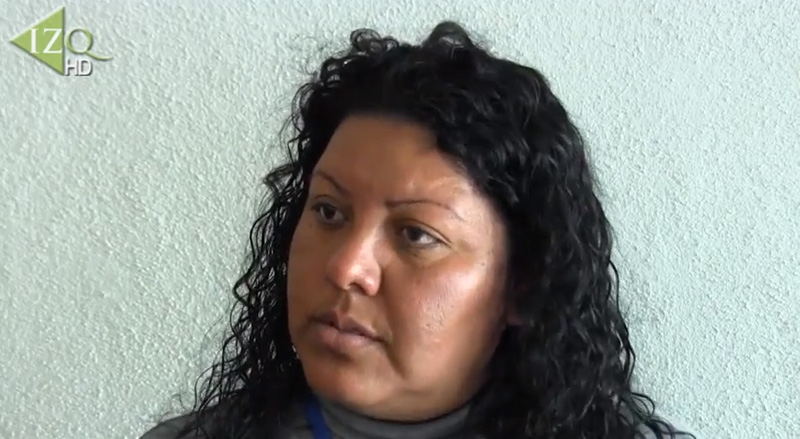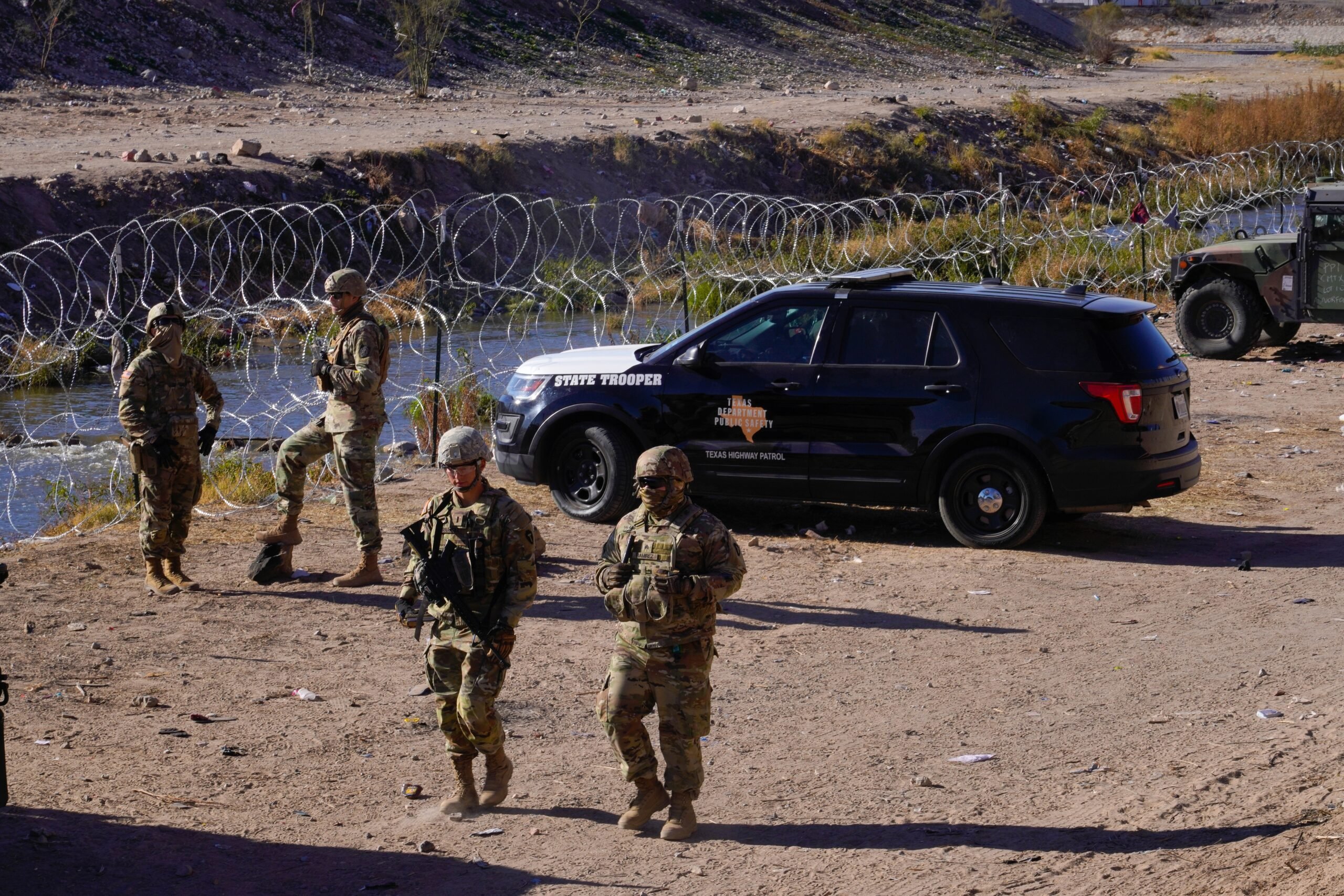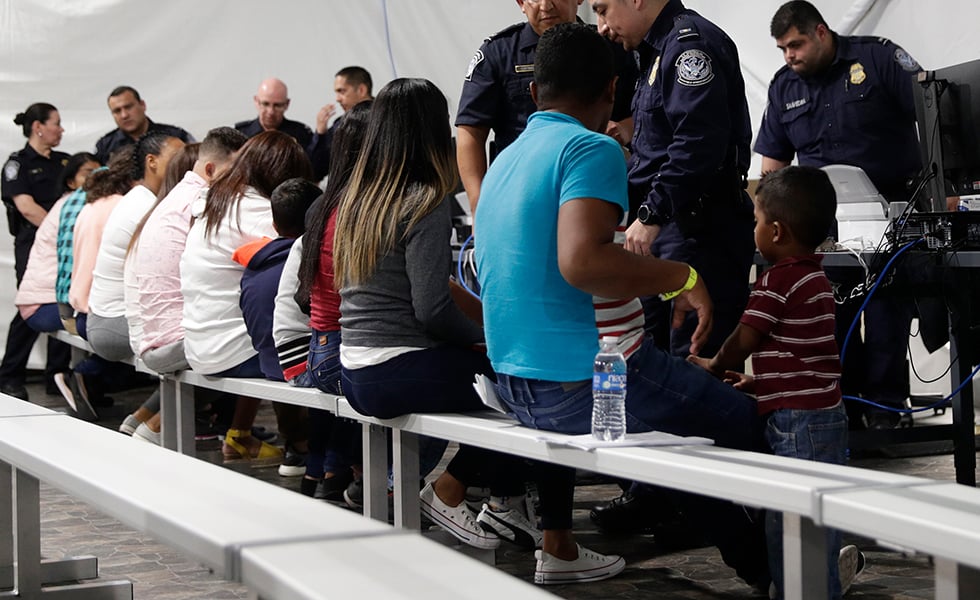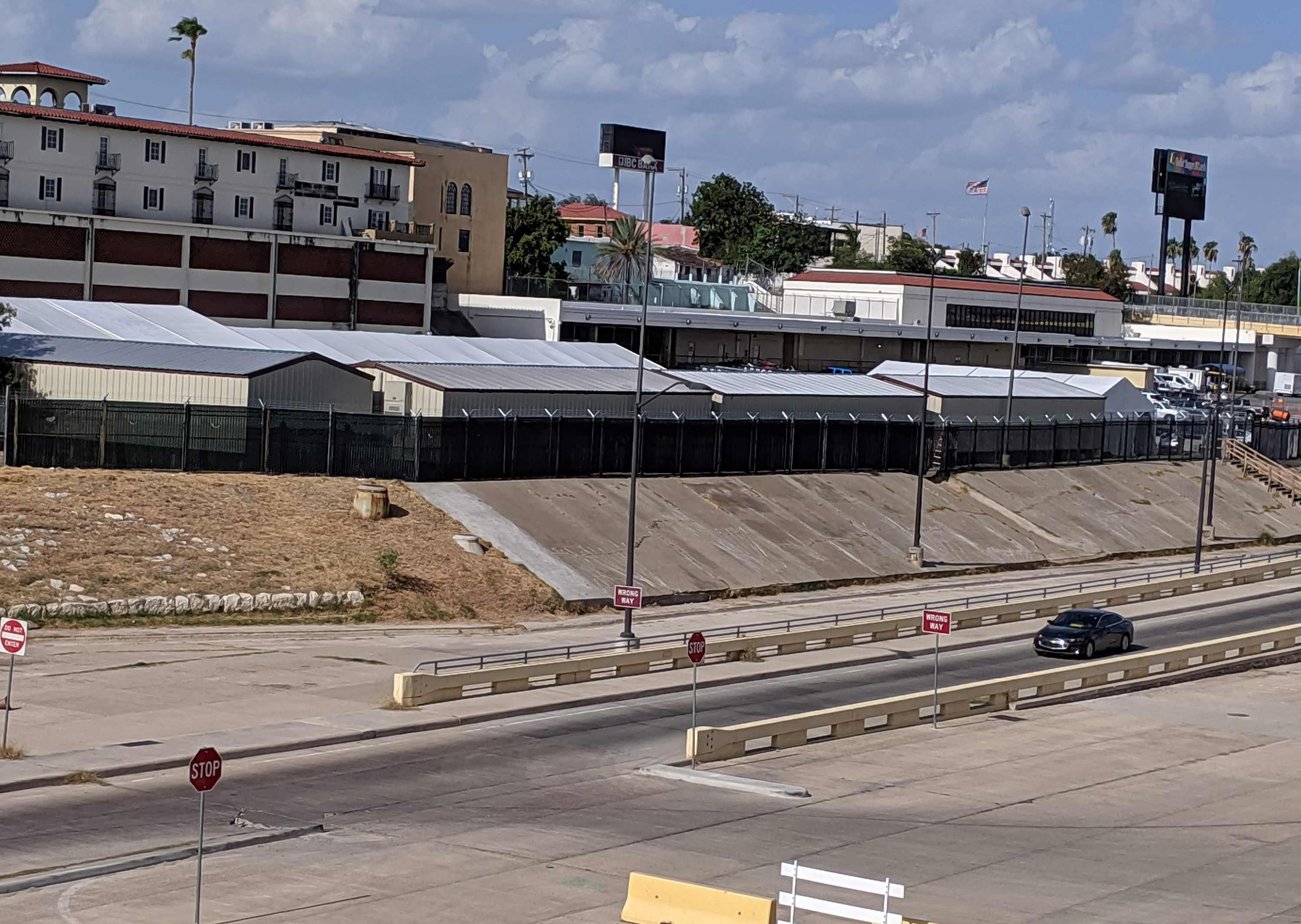
Member of Well-Known Mexican Activist Family Granted Asylum
Marisela Reyes Salazar, a human rights activist from Mexico, has won her political asylum case in the United States. The U.S. government rarely grants Mexican asylum cases, approving less than two percent every year.
The case of the Reyes Salazar family made international headlines, after six members of the family, well-known activists from the Juarez Valley near Ciudad Juarez, were killed by masked gunmen from 2008 to 2011. The family repeatedly spoke out against forced displacements, murders and disappearances that began to skyrocket after the military occupied the rural farming region in 2008 to fight drug trafficking.
By 2009, the valley, with a population of 20,000, had one of the highest murder rates in the world—1,600 per 100,000 inhabitants—six times higher than Ciudad Juarez, which the media had begun to call the “deadliest city in the world.”
As members of her family were threatened and killed, Marisela Reyes Salazar took an increasingly public role protesting against corruption and the government’s failure to investigate murders in her community. Marisela and other family members, including her mother Sara Salazar, staged sit-ins and hunger strikes in front of the Senate in Mexico City and the attorney general’s office in Juarez after the kidnappings in February 2011 of three of their family members: Elías Reyes Salazar, his wife Luisa Ornelas and Malena Reyes Salazar. The three kidnapping victims were later found dead in their hometown of Guadalupe, located across the Rio Grande from Tornillo, Texas.
None of their murders has been investigated, much less solved. Last year, I documented in a 10,000 word feature “The Deadliest Place in Mexico” the destruction in the Juarez Valley and the persecution of the Reyes Salazar family. Since 2011, at least 40 members of the Reyes Salazar family have been forced to flee Mexico and seek asylum in the United States. Marisela was granted asylum in April 2013. Her nephew Hugo was also granted asylum. Other members of the family are still awaiting their court dates.
Attorney Barbara Hines, co-director of the UT School of Law Immigration Clinic, represented Marisela and Hugo in court. “Marisela was truly deserving of a grant of asylum. She was one of the most active members of the Reyes family, with a long history of human rights advocacy in the Juarez Valley. Although Marisela and her nephew Hugo have found safety in this country, the tragedies the Reyes family have suffered still remain.”
Despite living in exile, Marisela said she would continue fighting for justice for her family and her community. “We were forced to flee our country and I fault the government of Mexico for that,” she said. “We are in the United States but we won’t be quiet. We want the government to investigate the deaths in our town. We want the government to do their jobs. I’ve confronted every level of government in Mexico to try and get them to do something about the murders, the disappearances but they refused to investigate or solve the crimes.”
Marisela said it had been tough for the family to lose their loved ones, their businesses, their homes and ultimately their country. Now she is working to build awareness that there are a growing number of Mexicans seeking political asylum abroad. At least 70 percent of residents in the Juarez Valley were killed or forced to flee, according to estimates from former residents. (No official census of the displaced has been taken by Mexican officials since the drug war began in 2006.) Many of those who fled like the Reyes Salazar family are seeking asylum in the United States. “We want justice for all of the displaced people,” she said.
Since arriving in the United States, Marisela has traveled throughout the country speaking at universities and other institutions about the persecution of activists in Mexico and about the devastation of her community in the Juarez Valley. “My fight for justice doesn’t stop,” she said. “We came to the United States with nothing and slept on the floor and had to ask for food. We are starting over from zero, but we won’t be silenced.”


